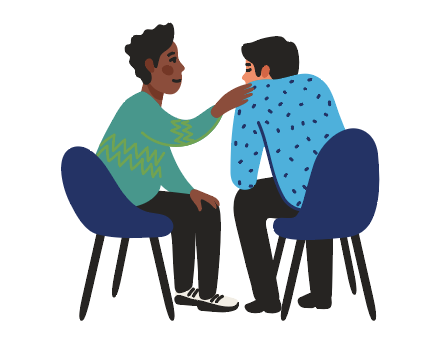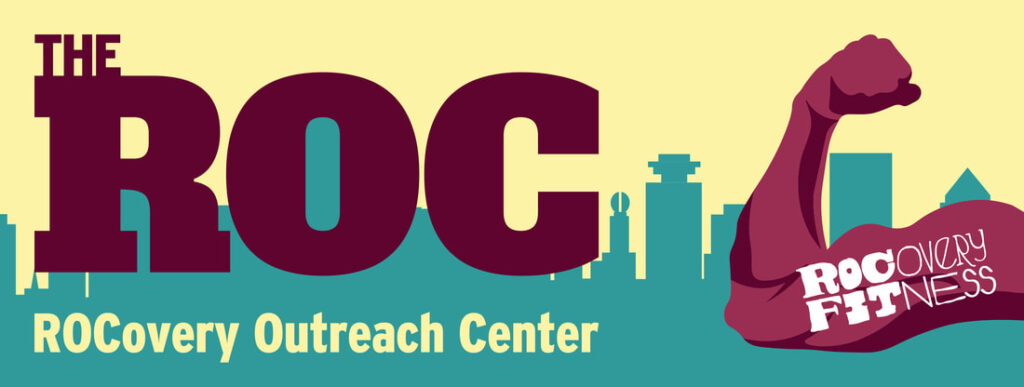Behavioral Health
The initiatives in this domain engage and support Behavioral Health Care Collaborative networks and individual providers in building program capacity, connections to primary care, integrating peer support services, and implementation of quality improvement initiatives that improve behavioral health outcomes.
Behavioral Health
Peer Integration with Crisis Intervention Services
In 2022, FLPPS partnered with Monroe County Office of Mental Health, Liberty Resources, and ROCovery Fitness on a program to provide a holistic model of care to individuals experiencing a mental health crisis.
As a result of this partnership, four state-certified peer specialists were integrated into the Monroe County Office of Mental Health Forensic Intervention Team (FIT) program, which is designed to de-escalate crisis situations. This program model allows law enforcement agencies and FIT to work together with the common goal of providing the best options for individuals living with mental illness.
A total of 46 individuals were referred to peer support between November 2021 and August 2022. Because it is critical to connect individuals with recovery supports as soon as possible after experiencing a crisis, the peers strove to attempt initial contact with individuals within two business days of the FIT referral date. The peers achieved this goal with 96% of FIT referrals. Of the 46 individuals referred, nearly 70% of them accepted and engaged with peer services.
FIT peers provided numerous non-clinical services to individuals, including strengths-based emotional and recovery support through shared lived experiences, person-centered referrals to resources, and recovery-focused community integration.
Monroe County Office of Mental Health, Liberty Resources, and RoCovery Fitness have committed to continuing this collaboration.
96%
of referred individuals were contacted by peer within 2 business days of referral
56%
of engaged individuals progressed to a more advanced stage of change while working with a peer

Outreach Consisted of Face to Face, Telephone,
and Text Messaging
88%
of engaged individuals
received a referral
Our Community Partners



“The key to the success of this menu of services is our ability to have a two-way dialogue with doctors and other medical professionals about both health and social support needs at home. We’ve proven this model can improve patient outcomes and reduce unnecessary ED visits and hospitalizations, and that’s a win for everyone. It also reduces both physician and patient/family caregiver frustrations.”
“By expanding our Person In Crisis teams to include certified peer specialists, we will be able to assist even more of our residents in need in a humane and compassionate manner. In addition, by assisting residents in this new way, we are expecting that there will be a reduced number of people calling the PIC team because they are getting connected to the services they need.”
“For decades Regional Health Reach has been a leader in the community in providing healthcare and support services to those experiencing homelessness. Through our traditional clinic, mobile medical unit, and presence at shelters, our Healthcare for the Homeless program has touched thousands of lives. Health Reach is excited to partner with Finger Lakes Performing Provider System and MC Collaborative to expand our reach to unsheltered individuals, meeting them where they are, to provide the care they need.”
“The Finger Lakes IPA, a partnership of the region’s community health centers, six behavioral health organizations, and the S2AY Rural Health Network, is very excited to be a part of this important initiative by FLPPS to support the critical need for access to developmental screenings for young children in our rural communities. This program will give us the ability to provide access to services that are often not available due to geographic and other barriers to care experienced by our patients.”
“I am excited to see ‘equity in action’ through this partnership with FLPPS, who recognizes the importance of lived experience and elevating the parent and patient voice to bring change across our health and behavioral health systems.”

